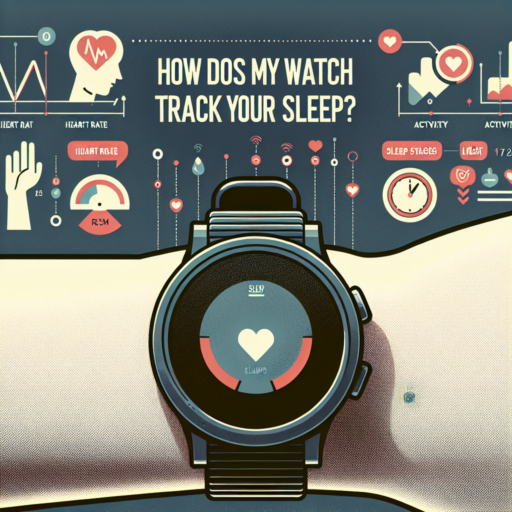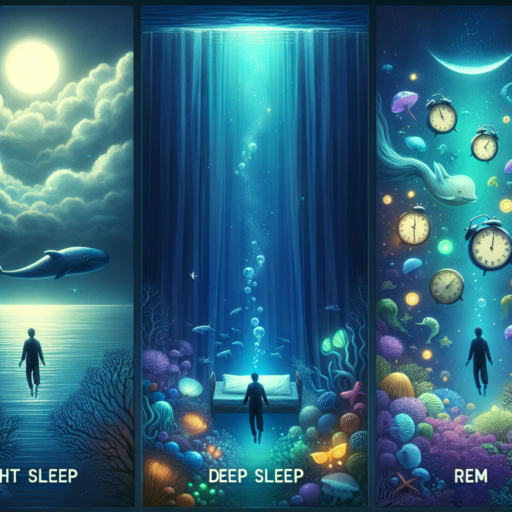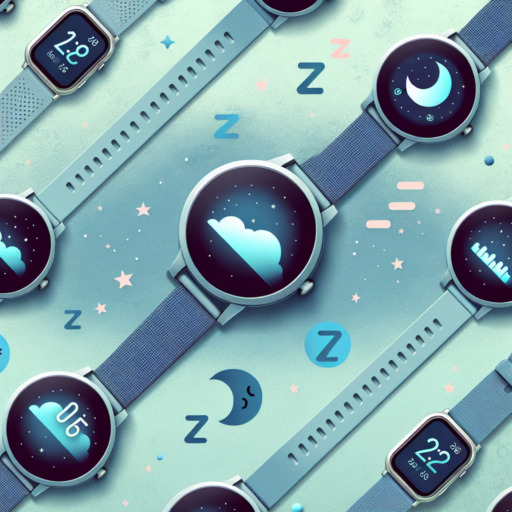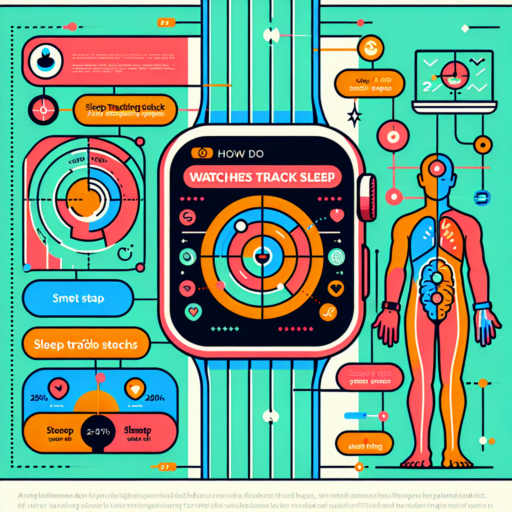How accurate are sleep trackers on watches?
The accuracy of sleep trackers on watches has been a topic of much discussion among health and fitness enthusiasts. These devices, which promise to monitor and analyze your sleep patterns, offer insights that could help improve your quality of sleep. However, questions remain regarding how closely the data reflects actual sleep quality.
Sleep trackers in watches generally use a combination of motion detection (accelerometers) and heart rate monitoring to estimate when you’re asleep and what stage of sleep you’re in. They track your movements and heart rate throughout the night, using algorithms to predict sleep patterns. While this technology can offer a good overview of your sleeping habits, its accuracy is sometimes debated. Most trackers are better at detecting when you’re asleep than when you’re awake, leading to potential inaccuracies, especially in detecting the amount of REM sleep, a crucial phase for cognitive restoration.
Additionally, factors such as the specific technology used by the sleep tracker, the sensitivity of the device’s sensors, and the algorithm’s complexity can significantly impact accuracy. Studies have shown variability in the precision of different models and brands, with some devices being more consistent in their tracking capabilities than others. It’s important to note that personal factors like movement during sleep and individual sleep patterns can also affect the accuracy of the data collected.
Despite these challenges, many users find sleep trackers useful for getting a general sense of their sleep habits. While acknowledging that these devices may not offer perfect precision, the consistency of data they provide can help highlight trends in sleep duration and quality over time. For those interested in detailed and highly accurate sleep analysis, professional sleep studies conducted in a clinical setting remain the gold standard. Sleep trackers on watches, however, offer a convenient and practical way to keep an eye on sleep patterns, which can be particularly valuable for those looking to improve sleep hygiene and overall wellness.
How much deep sleep should I get on my Apple Watch?
Understanding the amount of deep sleep you should aim for when tracking sleep with your Apple Watch can significantly impact your overall well-being. Deep sleep, or slow-wave sleep, plays a crucial role in physical and mental recovery. While individual needs vary, general guidelines suggest adults aim for 1 to 2 hours of deep sleep per night.
The Apple Watch utilizes sensors and algorithms to track your sleep stages, including deep sleep. This data helps you understand your sleep patterns and make adjustments for a healthier lifestyle. However, it’s important to remember that these metrics are estimates and should be considered alongside how you feel upon waking. If you’re consistently not meeting your deep sleep targets, it might be worth investigating further.
To enhance the quality of your deep sleep, consider establishing a regular sleep routine and minimizing exposure to blue light before bedtime. Exercise and stress reduction techniques can also play a significant role in improving sleep quality. Reviewing your Apple Watch’s sleep data can provide insights into which habits are helping or hinding your deep sleep goals.
No se han encontrado productos.
How can my watch tell I’m in REM sleep?
Smartwatches and fitness trackers have revolutionized the way we understand and monitor our health, including our sleep patterns. These devices can indeed tell when you’re in the Rapid Eye Movement (REM) phase of sleep, which is crucial for cognitive functions like memory consolidation and mood regulation. But how do they manage this?
At the core of this functionality are advanced sensors and algorithms. Your watch uses a combination of accelerometers and heart rate monitors to gather data about your physical state. Accelerometers detect movement, which diminishes significantly during REM sleep, as your body enters a state of near paralysis to prevent you from acting out your dreams. The heart rate monitor, on the other hand, picks up on the subtle changes in your pulse. During REM sleep, your heart rate varies more than during other sleep stages, a clue that sophisticated algorithms use to identify when you’re experiencing this phase.
Another aspect critical to detecting REM sleep is the analysis of sleep cycles. Smartwatches track the duration and frequency of your sleep phases throughout the night, using proprietary algorithms to estimate when you enter REM sleep based on the typical structure of sleep cycles. Generally, REM sleep occurs 90 minutes after falling asleep and recurs every 90 minutes, growing longer towards the morning. By analyzing these cycles, your watch can predict when you’re most likely in the REM state.
Will my watch automatically track my sleep?
Many modern watches are designed with a variety of health and wellness features, including the ability to track sleep. However, whether or not your watch will automatically track your sleep depends on the brand, model, and the specific functionalities it offers. Generally, watches that are marketed as smartwatches or fitness trackers tend to include sleep tracking as a standard feature. This function typically requires the watch to be worn throughout the night and may necessitate enabling specific settings within the device’s companion app.
To ensure your watch is set up for sleep tracking, it’s essential to consult the user manual or the official brand website. This is because some watches might need you to activate the sleep tracking feature manually in the settings. Moreover, for optimal accuracy, the watch should be worn snugly on your wrist during sleep to ensure it can accurately monitor your movements and potentially your heart rate, which are key metrics for analyzing sleep patterns.
It’s also noteworthy that not all watches will provide detailed sleep analysis. While some devices offer a comprehensive breakdown of sleep stages such as light, deep, and REM sleep, others might only record the duration of your sleep. For those interested in detailed sleep insights, it may be worth looking into specific models that are known for their advanced sleep monitoring capabilities. Such devices often come with dedicated apps or software that allow for a deeper dive into your sleep quality, duration, and patterns over time.




